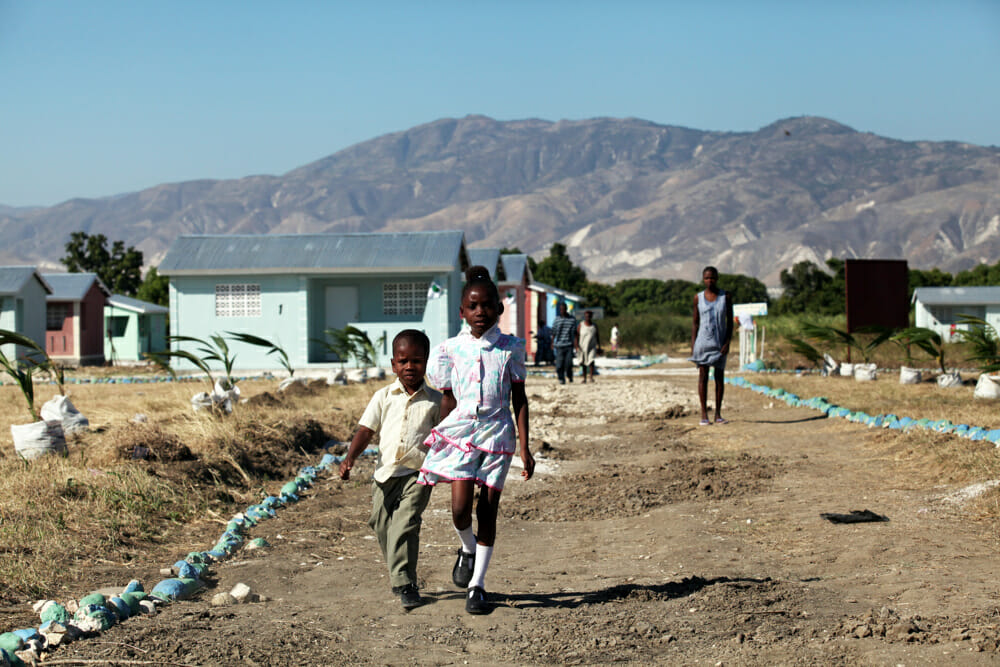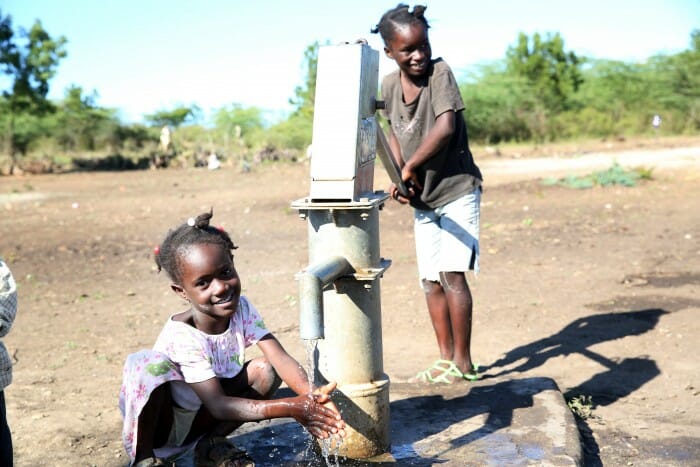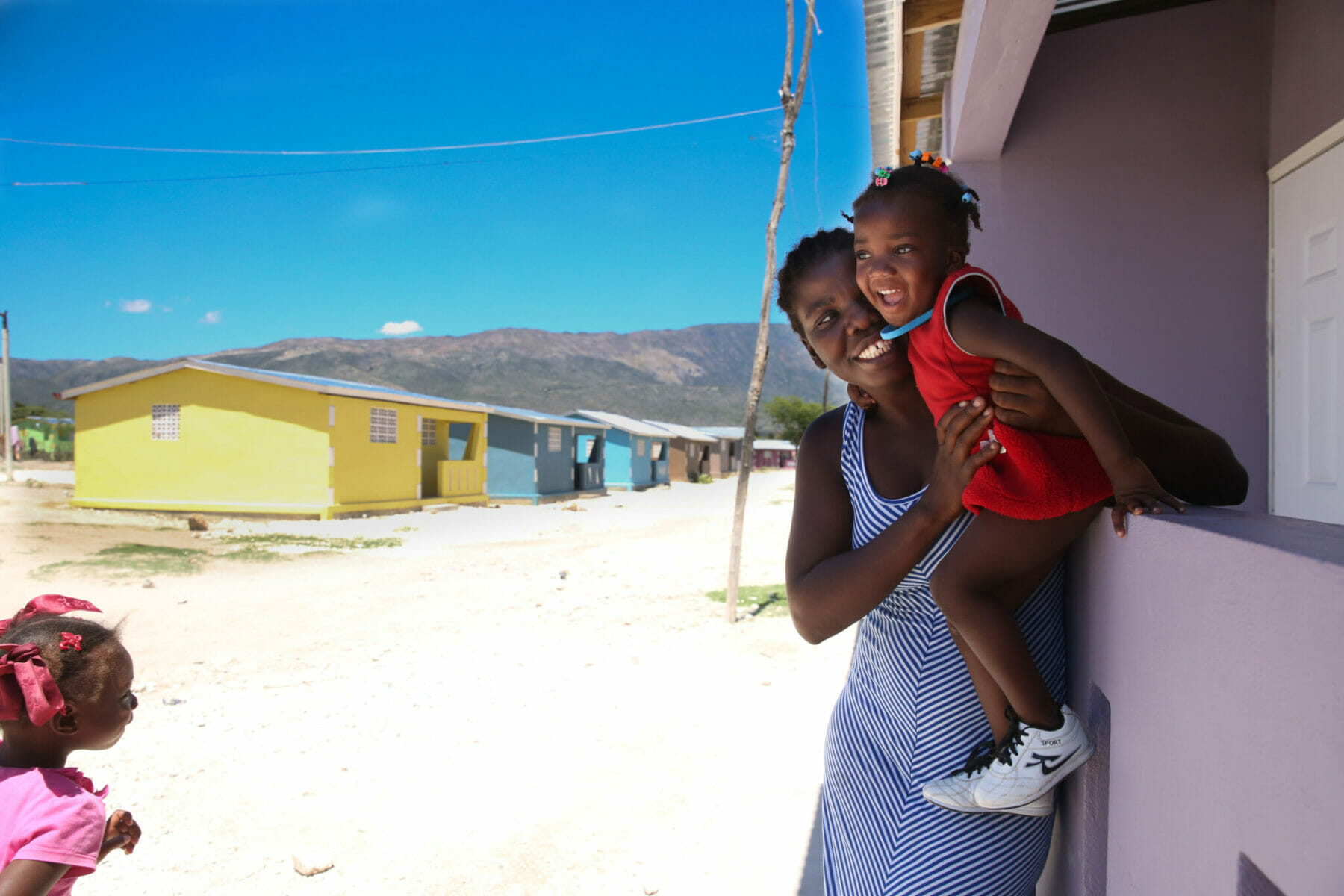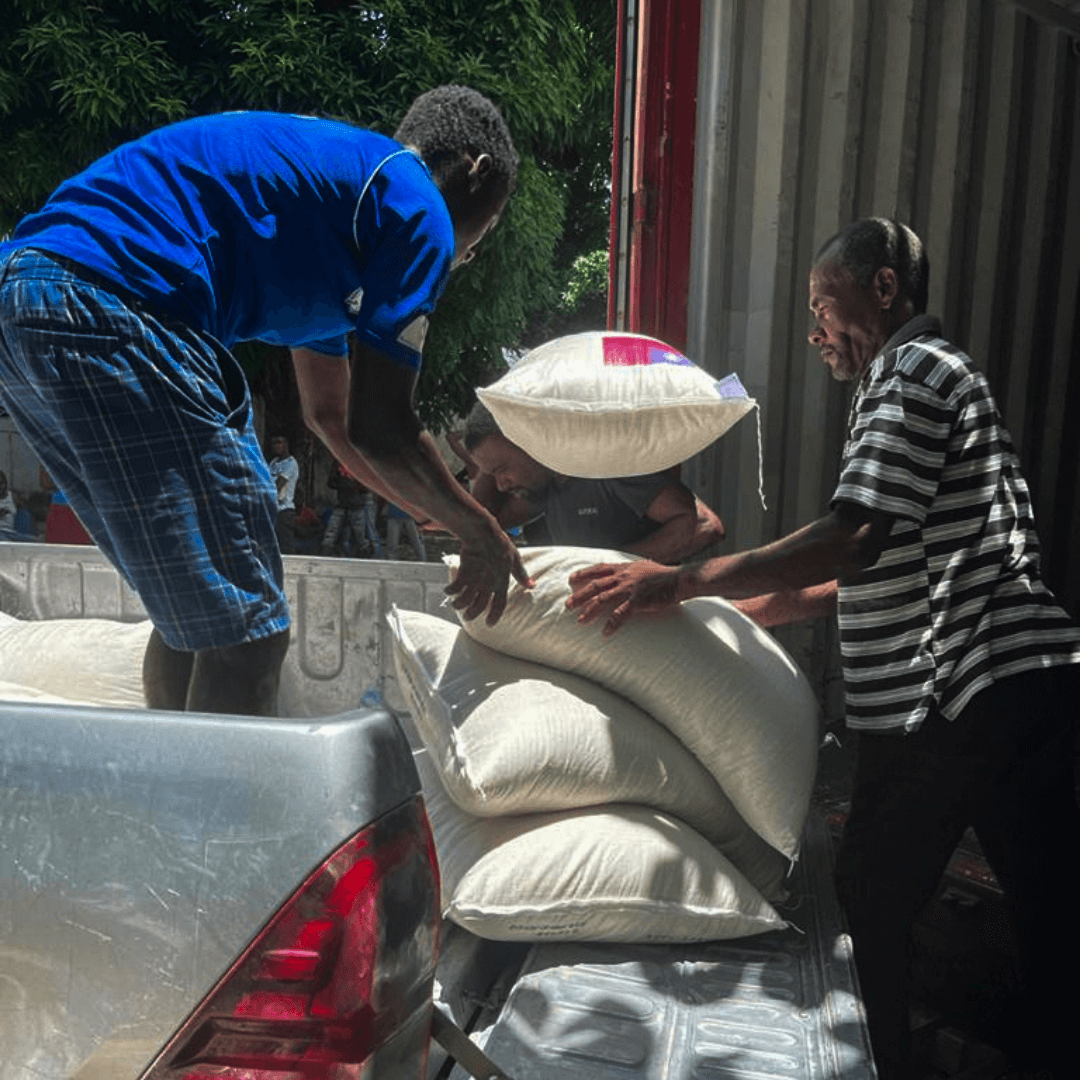
World Humanitarian Day is more than a day that recognizes humanitarian workers. It is also a day to remind us that aid workers often put others’ needs before their own. Especially during times of crisis and hardship.
Today, we recognize our partners who dedicate their lives to working in Haiti. Haiti is one of the most difficult places on the planet to work. Economic, political and environmental fragility have wreaked havoc on the lives of Haitians.
For instance:
- 60% of Haitians live below the national poverty line, and more than 24% live in extreme poverty
- Over 50,000 Haitians are displaced. This is due to disasters, forced evictions, chronic food and livelihood insecurity
- 22% of children are chronically malnourished
- 10% of children are underweight
- 66% of children under the age of 5 suffer from anemia
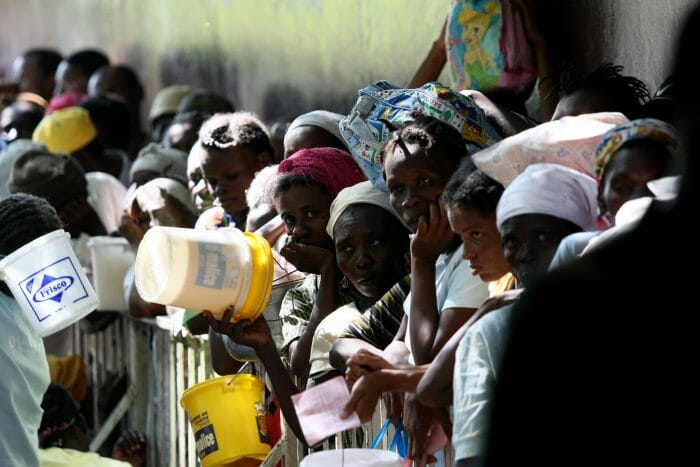
The History
Haiti was once the most lucrative colony in the world, the crown jewel of the French empire. From 1659 to 1791 French planters forced African slaves to produce cash crops. Coffee, sugar and cattle for the global market. Then in 1791 the world’s largest and most successful slave revolt occurred in Haiti. The slaves won, and in 1804, Haiti gained independence from France. Its inhabitants gained freedom from slavery.
However, the newly independent Haiti was then forced to pay its slaveholders reparations. French slaveholders and their descendants received what would amount to between $20 and $30 billion in today’s dollars. It took Haiti 122 year to pay this debt, leaving it one of the poorest nations in the world.
The Geography
Haiti’s geographical location in the Caribbean leaves it particularly vulnerable to natural disaster. You have seen it in the news; cyclones, floods and droughts. And most recently, devastating earthquakes.
Political
The politics of Haiti are considered unstable. This is due to coups d’état, foreign interference, regime changes, and military juntas. Internal conflict and the proliferation of gangs have only added to the issue. In July of 2021, the sitting president Jovenel Moïse was assassinated.
When you read this, you may think that the challenges Haiti faces are insurmountable. And to be fair, there is no quick fix. There is no magical solution.
But there is hope because of dedicated aid organizations and humanitarian workers who believe emphatically that the people they assist need their help, and that things can change.
You are helping too by supporting programs in Haiti, such as building new homes in the community of Derac. You are showing your thanks to the humanitarian workers dedicated to improving the lives of Haitians.
Show your support today by donating.
The needs of Haiti are complex. If you’d like to learn more- we suggest starting here
It’s World Humanitarian Day
World Humanitarian Day is more than a day that recognizes humanitarian workers. It is also a day to remind us that aid workers often put others’ needs before their own. Especially during times of crisis and hardship.
